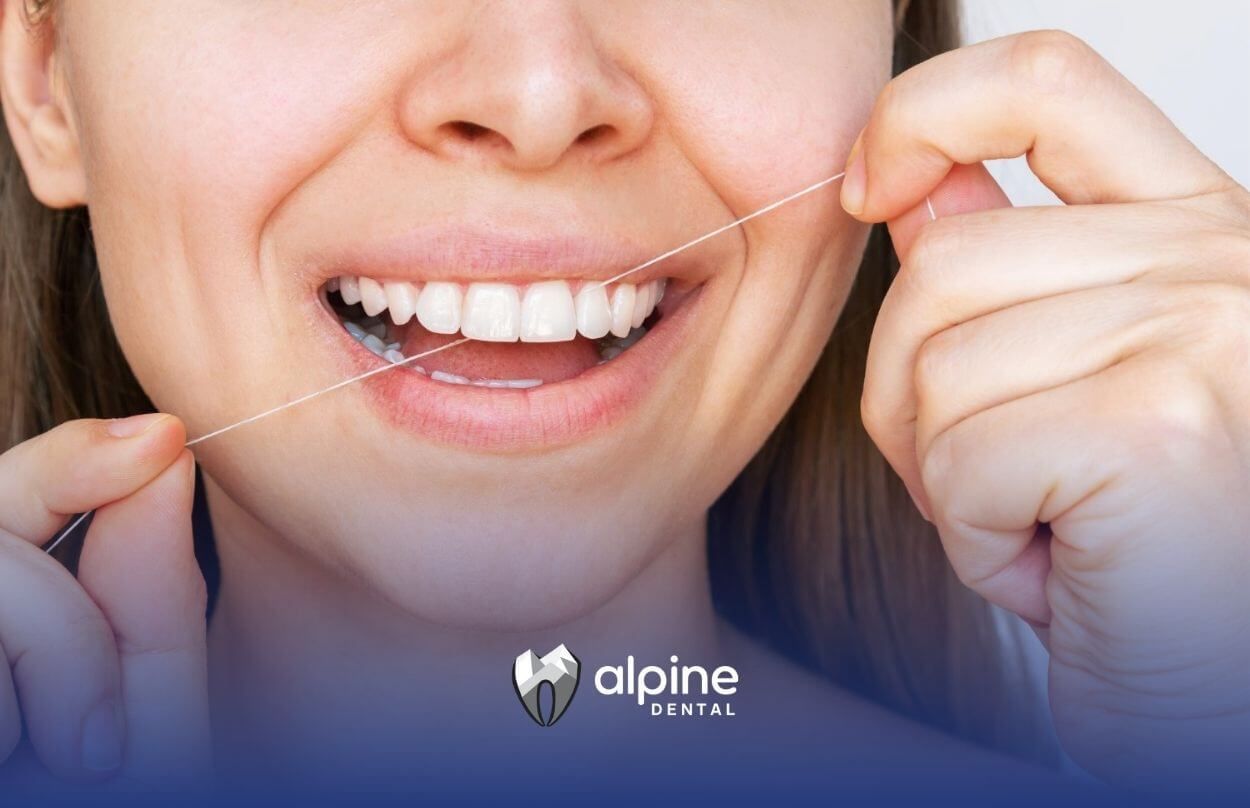What Is TMJ? Causes, Symptoms, and Treatment Options
You may have heard people mention TMJ when talking about jaw pain or discomfort, but what exactly is TMJ? TMJ stands for the temporomandibular joint, which acts like a sliding hinge connecting your jawbone to your skull. If you’re experiencing jaw soreness, clicking sounds, or difficulty moving your jaw, it could be related to issues with this joint.
In this guide, we’ll break down everything you need to know about TMJ, including its causes, symptoms, diagnosis, and available treatments. Whether you’re curious about mild jaw popping or concerned about persistent jaw pain, this easy-to-understand article will give you the insights you need.
What Is TMJ?
Technically, TMJ refers to the joint itself—the temporomandibular joint—which you have on each side of your head, just in front of your ears. These joints allow your jaw to move up and down, side to side, and enable you to talk, chew, and yawn.
However, when people say "TMJ," they’re often talking about TMJ disorders or TMD (temporomandibular disorders). TMD refers to problems with the jaw joint and the surrounding muscles that control jaw movement.
Common Causes of TMJ Disorders
The exact cause of a TMJ disorder is often difficult to determine because multiple factors can contribute. Some of the most common causes include:
1. Jaw Injury
Trauma to the jaw, head, or neck—such as from a fall, accident, or sports injury—can damage the joint or surrounding muscles.
2. Arthritis
Osteoarthritis or rheumatoid arthritis can affect the TMJ, leading to inflammation, pain, and stiffness.
3. Jaw Misalignment
An improper bite (malocclusion) can put extra stress on the joint and muscles.
4. Teeth Grinding and Clenching (Bruxism)
Habitually grinding or clenching your teeth, often during sleep, can strain the TMJ and cause muscle tension.
5. Stress
Increased stress can lead to habits like teeth clenching and jaw tightening, exacerbating TMJ issues.
6. Connective Tissue Diseases
Certain disorders affecting connective tissues can impact the TMJ's function.
Symptoms of TMJ Disorders
TMJ disorders can cause a range of symptoms, which may vary in intensity and frequency. Common signs include:
- Jaw pain or tenderness
- Aching pain around the ear
- Difficulty chewing or discomfort while chewing
- Locking of the joint, making it hard to open or close the mouth
- Clicking, popping, or grating sounds when moving the jaw
- Facial pain
- Headaches or migraines
- Neck and shoulder pain
It’s important to note that not everyone who hears clicking or popping sounds in their jaw will experience pain or require treatment. However, if these symptoms are persistent or worsening, it’s best to seek professional evaluation.
How TMJ Disorders Are Diagnosed
Diagnosing TMJ disorders typically involves several steps:
Medical History Review
Your healthcare provider will ask about your symptoms, habits like teeth grinding, past injuries, and any stress-related behaviors.
Physical Examination
The dentist or doctor will:
- Listen to and feel your jaw as you open and close your mouth
- Check the range of motion
- Press on areas to identify pain or tenderness
Imaging Tests
In some cases, imaging tests may be ordered to get a clearer picture:
- X-rays to view the jaw and teeth
- MRI to examine soft tissues like the disc in the joint
- CT scans for detailed images of the bones
An accurate diagnosis is crucial for tailoring an effective treatment plan.
Treatment Options for TMJ Disorders
Many TMJ disorders are temporary and can be managed with self-care or non-invasive treatments. In more severe cases, medical or surgical intervention may be necessary. Here’s a look at the options:
Self-Care and Lifestyle Changes
- Eat soft foods to minimize jaw strain.
- Apply ice or heat packs to reduce swelling or relax muscles.
- Avoid extreme jaw movements (like wide yawning or chewing gum).
- Practice stress management techniques such as yoga or meditation.
- Do jaw exercises as recommended by your dentist or therapist.
Medications
- Pain relievers: Over-the-counter options like ibuprofen can reduce pain and inflammation.
- Muscle relaxants: May help relieve muscle spasms in the jaw.
- Anti-anxiety medications: For cases where stress and tension are significant contributors.
Therapies
- Physical therapy: Exercises to strengthen and stretch jaw muscles.
- Oral splints or mouth guards: Worn over the teeth to prevent clenching or grinding.
- Counseling: Addressing behaviors like clenching due to emotional stress.
Medical Procedures
When conservative treatments don’t help, more advanced options include:
- Injections: Corticosteroid injections into the joint.
- Arthrocentesis: A minimally invasive procedure to flush out the joint.
- Surgery: Reserved for severe cases where other treatments fail.
Surgical options range from minimally invasive procedures to open-joint surgery, depending on the severity of the disorder.
Tips for Preventing TMJ Problems
While not all cases of TMJ disorders can be prevented, you can take steps to reduce your risk:
- Maintain good posture, especially if you work long hours at a desk.
- Wear a mouthguard if you grind your teeth at night.
- Practice relaxation techniques to manage stress.
- Avoid hard foods that require excessive chewing.
- Be mindful of jaw movements, avoiding habits like chewing on pens or ice.
Small lifestyle changes can make a big difference in maintaining a healthy jaw.
Living With TMJ Disorders
Living with TMJ can be challenging, but many people find relief with a combination of treatments and lifestyle adjustments. It's important to be patient—finding the right combination of treatments can take time. Keep open communication with your healthcare provider and don't hesitate to seek help if your symptoms persist or worsen.
Conclusion
Understanding what TMJ is and recognizing its symptoms early can help you manage the condition effectively. Whether your discomfort is mild or significant, there are many treatments available to help ease your symptoms and improve your quality of life.
If you're experiencing jaw pain, discomfort, or any signs of TMJ disorder, the experienced team at Alpine Dental is here to help. We offer personalized care and a variety of treatment options to get you back to feeling your best. Contact us today to schedule a consultation!
Frequently Asked Questions
Can TMJ disorders go away on their own?
Yes, mild cases of TMJ disorders can sometimes resolve on their own with self-care measures, but persistent or worsening symptoms should be evaluated by a professional.
Is surgery always needed for TMJ disorders?
No, surgery is considered a last resort. Most TMJ disorders can be successfully treated with conservative approaches like medication, physical therapy, or oral appliances.
What should I avoid if I have TMJ problems?
Avoid hard, chewy foods, wide jaw movements (like big yawns), and habits like nail-biting or chewing on objects, as these can aggravate TMJ symptoms.
Sources:
- https://www.nidcr.nih.gov/health-info/tmd
- https://my.clevelandclinic.org/health/diseases/22010-malocclusion
- https://www.nhs.uk/conditions/teeth-grinding/
- https://ostrowonline.usc.edu/tmj-injection/
- https://www.mayoclinic.org/diseases-conditions/tmj/diagnosis-treatment/drc-20350945




